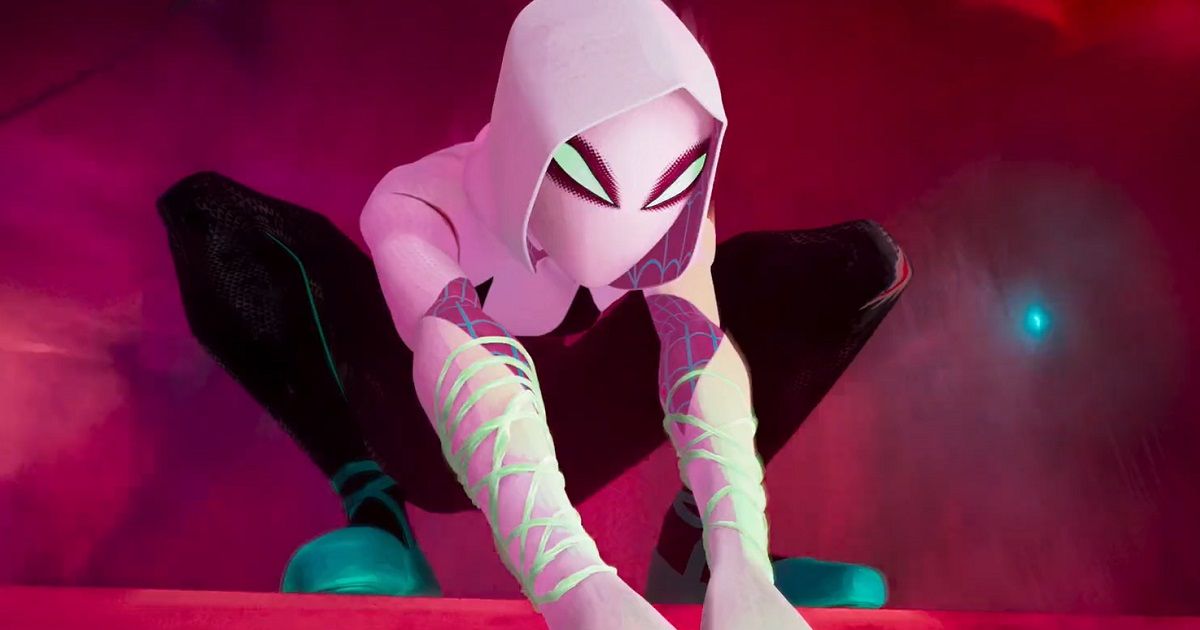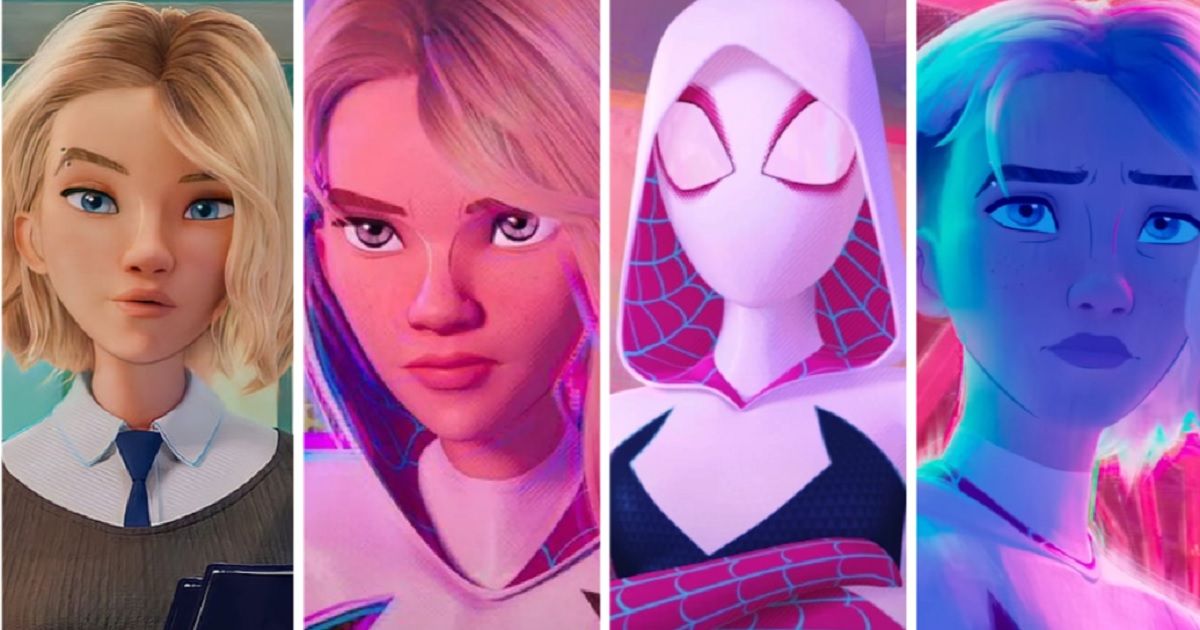With Spider-Man: Across the Spider-Verse swinging into theaters, many audience members were quick to pick up the film’s apparent nods to the LGBTQIA+ community. In Across the Spider-Verse, Gwen’s affiliation with trans symbolism and Miles’ coming out allegory serve as evidence for the film’s queer messaging, with many others applauding the filmmakers for centering this narrative during a time when villainy seems to reign supreme.
Across the Spider-Verse isn’t the first movie of the decade to incorporate queerness into its multiverse subplot. 2022’s Oscar darling Everything Everywhere All At Once features a lesbian character in Stephanie Hsu’s Joy/Jobu Tupaki while highlighting the queer alternatives of Michelle Yeoh’s Evelyn Quan Wang and Jamie Lee Curtis’ Deirdre Beaubeirdre. Future filmmakers who intend to stand out from the competition should look at these two examples as inspiration when attempting to utilize the tired multiverse narrative concept.
Queerness and the multiverse narrative device appear to be a match made in heaven, with the multiverse trope playing into the multiple selves and multiple identities that come with being queer. But the multiverse device goes deeper than symbolic metaphors. The multiverse targets a specific emotional journey specific to the queer experience that other narrative devices cannot touch on.
The Multiverse as a Narrative Device
The multiverse narrative device, as Slate’s Meeri Kim states, derives from “quantum mechanics [which] states that every event causes the universe to split off into different versions that encompass all possibilities.” This is best visualized by the 2015 Rick and Morty episode “A Rickle in Time,” where Morty and Summer accidentally split reality beyond comprehension. This eventually created its own “Rickle,” where other popular TV shows and movies were influenced to implement this quirky gimmick into entire multi-franchise centerpieces.
But maybe the multiverse was scratching a generational itch in the same way time travel and alien invasion tantalized audiences in the past. Christopher Nolan’s groundbreaking sci-fi heist film Inception (2008) introduced audiences to dream realities and the expansive networks within one’s consciousness.
The following year, Jaco Van Dormael’s Mr. Nobody, led by Jared Leto, explored a multiverse-esque interpretation of choice and fate. Both of these films and the multiverse films of today pay homage to the grandparent of the multiverse device, the Wachowski’s The Matrix (1999). These films signaled a spiritual yearning within moviegoers, which adequately explained the greater powers of the universe.
As technology and the advancement of the internet expanded our minds, space exploration invited ideas of an expansive universe with an infinite amount of planets and potential lives. The infinite potential of a forever-expanding universe has allowed artists to entertain the idea of many-worlds and possible worlds as stipulated by many theorists and filmmakers alike. And as our world confronts a post-religion society, maybe the multiverse ideology is the modern alternative to gods and spirits, where the levity of choice can explain the inexplicable notion of fate.
A major emotional theme found in the aforementioned films is the heart-wrenching feeling of regret. Sean Carroll from Big Think writes that the multiverse “opens up the possibility of regret and dwelling on what might have been.” This is intrinsically tied to the nostalgia-baiting tactics of studio heads who wish to capitalize on society’s propulsion to dwell in the past. However, these stages of regret can help us negotiate internalized feelings of grief and reconciliation, especially as they pertain to the LGBTQIA+ community.
The Multiverse as Queer Expression
With Across the Spider-Verse and EEAAO, queerness plays into an overarching theme of identity and family where acceptance – and sometimes self-acceptance – can be a challenge within the family unit. The multiverse aids in expressing these feelings of multiple selves, a concept referring to ways people behave a particular way in certain situations while behaving more freely in others. The multiverse also alludes to the idea of a gender spectrum and the discourse surrounding non-binary and gender-fluid identities, given that we are not limited to singular gender definitions and can live within multiple dimensions of the gender universe.
When discussing the topic of regret, the multiverse narrative device seems perfect for exercising themes of queer grief. Coming out to family members can sometimes lead to explosive arguments, not-so-subtle microaggressions, and possible estrangement, and the heavy grief of losing family is not quickly exonerated.
Both Across the Spider-Verse and EEAAO offer splendid alternatives to the negative possibilities. The parent-child dynamics of these films are meant to provide a supportive and uplifting scenario that some queer audience members can experience and enjoy. In the words of Stephanie Hsu, “It's inspiring people to at least try to have that conversation, whether it's about identity or brokenness in a relationship.”
Along with all the symbolic and metaphoric applications to queer theory, the multiverse narrative device expresses an emotional theme which speaks to the LGBTQIA+ experience. Queer grief, family acceptance, and personal regret lay at the center of recent films like Spider-Verse: Across and the Spider-Verse and Everything Everywhere All At Once, and it’ll certainly cause more ripples within the multiverse in the future.



